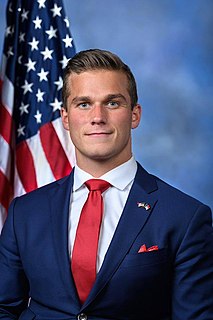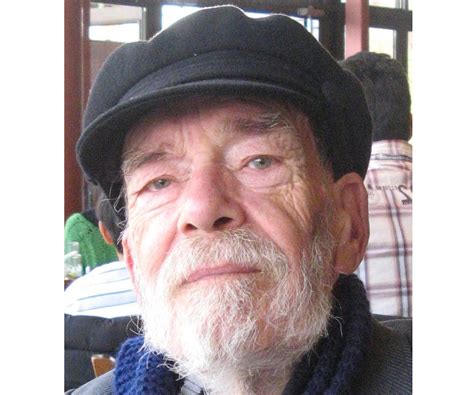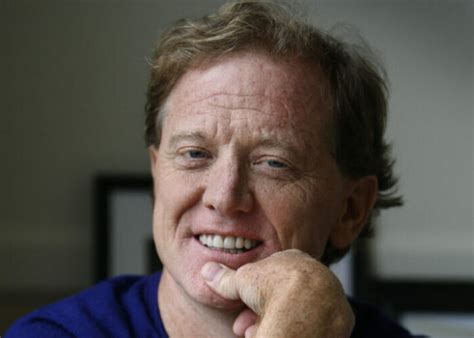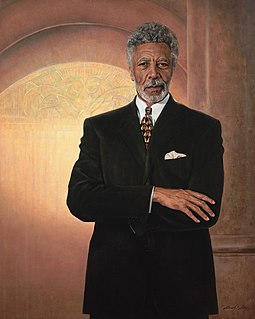A Quote by Nat Hentoff
A.J. [Muste] was a - as he likes to say, a radical pacifist.
Related Quotes
I began to feel that my greatest sense of success would raise the level of masses of people, rather than the individual being accepted by the Establishment. So, this kind of personal thinking, combined with, say, even the little bit more radical thinking - because at one time the pacifist movement was a very radical concept.
The crime of liberation theology was that it takes the Gospels seriously. That's unacceptable. The Gospels are radical pacifist material, if you take a look at them . . . Liberation theology, in Brazil particularly, brought the actual Gospel to peasants. They said, let's read what the Gospels say, and try to act on the principles they describe. That was the major crime that set off the Reagan wars of terror.
My grandfather was a prominent executive at Chevron (oil), and of course my father is a fairly radical and progressive environmentalist. But he was also a very active Democrat and pacifist. More importantly, he was one of the best storytellers I've ever met. I think that trait has been passed down the line, even to my kids.




































